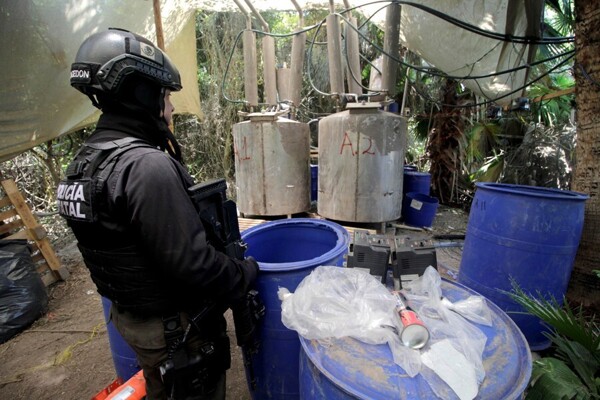
Currently, costly clinical trials are necessary to demonstrate the safety and efficacy of drugs, leading to those who invest in this research obtaining patents that grant them exclusivity for 20 years. In recent years, successful obesity medications have been developed based on this principle.
Senator Jorge Carlos Ramírez Marín presented an initiative related to the supervision of beverages with a designation of origin, such as tequila and mezcal, by a single regulatory council.
An emblematic example is sildenafil, initially conceived for cardiovascular problems and later turned into the famous treatment for erectile dysfunction known as "Viagra," developed by Pfizer. Discovering these "second pharmaceutical uses" is a complex and costly process.
In a resolution project of amparo 907/2023, promoted by Pfizer, it was proposed to exclude certain patents from the Current Patent Gazette of Medicines published by the Mexican Institute of Industrial Property (IMPI), directed by Santiago Nieto.
To avoid an adverse precedent, Pfizer withdrew its request before the ruling, but the issue remains relevant, especially considering the impact it could have on the healthcare system and international commitments.
The USMCA recognizes the importance of patents in the field of medicine and requires Mexico to ensure their protection and allow holders to challenge third-party marketing applications. However, there are discrepancies of opinion on this matter, as evidenced by the stance of Minister Yasmín Esquivel.
In modern medicine, it is common for laboratories to discover unexpected therapeutic effects on new conditions from substances initially developed to treat other diseases, as in the case of semaglutide, introduced by Novo Nordisk as "Ozempic" for diabetes and also marketed as "Wegovy" for obesity, both protected by patents of equal value as any other.














